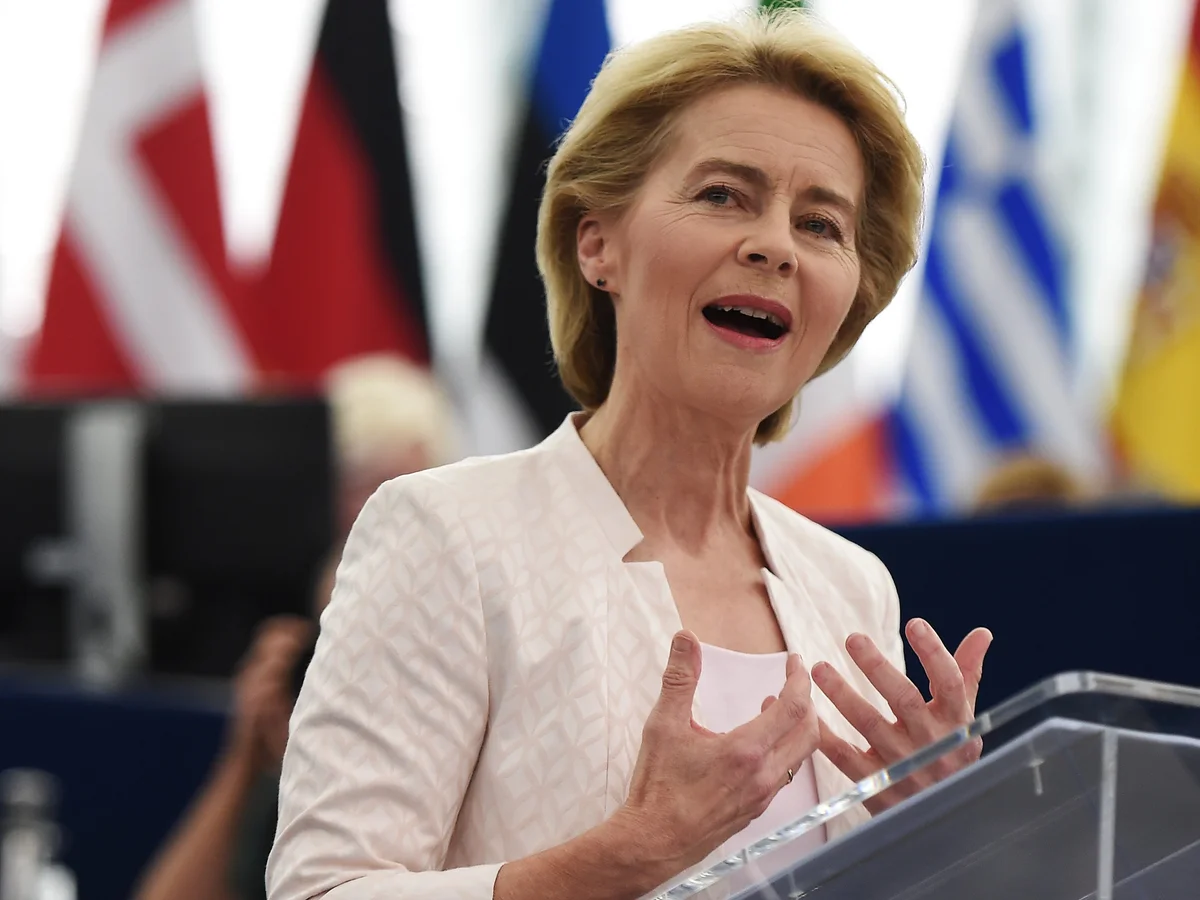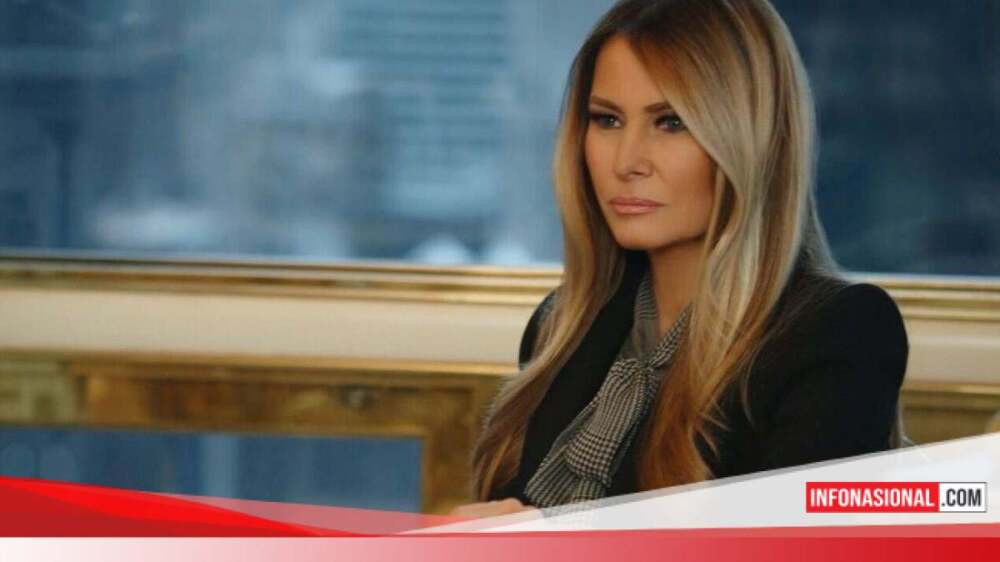Award-winning journalist Maria Ressa issued a stark warning in a recent interview with Jon Stewart: she believes free speech and democratic institutions in the United States are under accelerating threat, and many Americans have reacted passively, like “deer in the headlights,” as this erosion unfolds.
What Ressa Said
- Ressa, who won the Nobel Peace Prize for her work defending free expression, spoke out after the indefinite suspension of late-night host Jimmy Kimmel, following his remarks about the reaction to Charlie Kirk’s death. She saw this suspension as a highly visible example of how media dissent can be punished.
- She compared U.S. developments to tactics she witnessed under authoritarian-leaning governments, including her native Philippines under former President Rodrigo Duterte. In her view, when people fail to defend their speech rights soon enough, those rights are much harder to reclaim.
Key Issues Raised
- Media Suppression: The suspension of a prominent media personality is seen by Ressa as part of a broader trend where critical voices are silenced or intimidated. She argued that media outlets appear increasingly willing to self-censor or yield to pressure from political authorities.
- Institutional Erosion: Beyond individual cases, Ressa warned of faster than expected decay in norms and institutions that historically have protected freedom of expression, oversight, and checks on power.
- Global Trends: She cautioned that what is happening in the U.S. reflects a global drift toward democratic backsliding. Ressa describes this pattern as “illiberal leaders manipulating public information ecosystems,” using threats, regulatory pressure, and narratives that undermine dissent.
Public Reactions & Fallout
- Ressa’s comments came amid widespread criticism of the suspension of Kimmel’s show. Among critics are fellow late-night hosts, press freedom advocates, and citizens alarmed at corporate and regulatory pressures on media.
- Many have drawn parallels between current pressures in U.S. media and methods used by governments in illiberal regimes to shape or silence critical voices—through legal threats, fines, regulatory action, or economic leverage.
Why It Matters
- Freedom of Speech as Foundation: Ressa emphasized that free speech isn’t just one of many rights—it underpins democratic accountability and civic participation. Losses here can ripple through to weaken oversight, justice, and public trust.
- Slippery Slopes: She cautioned that once media suppression becomes normalized, it’s hard to stop. Regulatory threats, tightened oversight, and public pressure can gradually reshape what is acceptable to say, who can say it, and where.
- Importance of Resistance: Drawing from her own experience, Ressa urged journalists, citizens, civil society groups, and institutions to stay vigilant and proactive. She stressed that persistence—continuing to speak, report, dissent—is essential, even when the threats seem overwhelming.
What to Watch
- How media companies respond—whether they defend editorial freedom or accommodate political pressure.
- Regulatory behavior, especially actions that involve broadcasting licenses, fines, or threats directed at media outlets.
- Any new legal or policy changes that affect speech, protest, or dissent.
- Public response: protests, citizen activism, legal challenges, and whether popular opinion shifts toward demanding stronger protections.
Final Thought
Maria Ressa’s message is a serious one: she sees in the U.S. a moment of choice. Either citizens, media, and institutions stand up now to protect freedoms, or risk seeing those freedoms slip away quietly—with consequences that are much harder to reverse.
















Leave a Reply